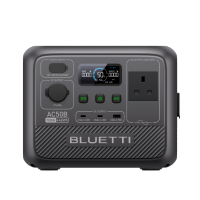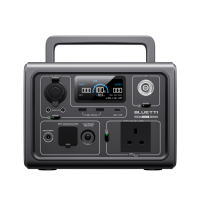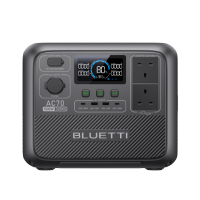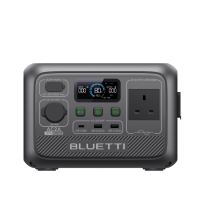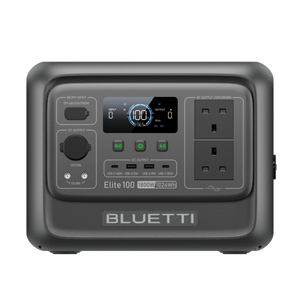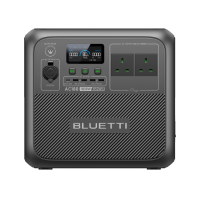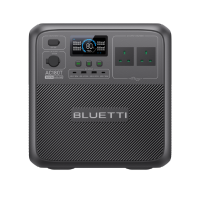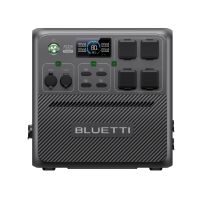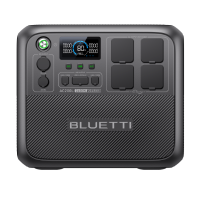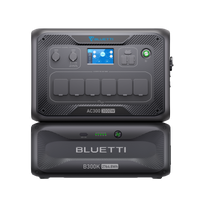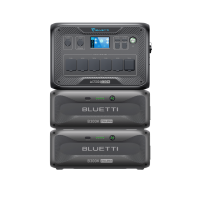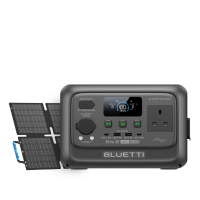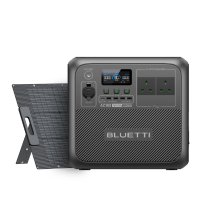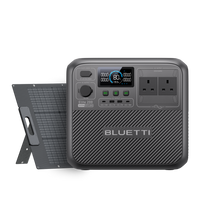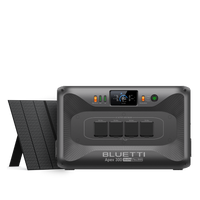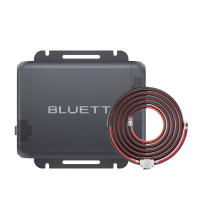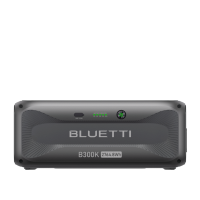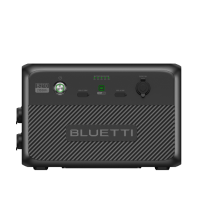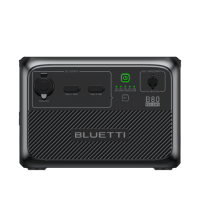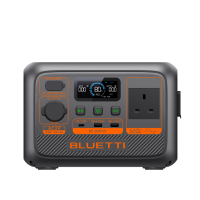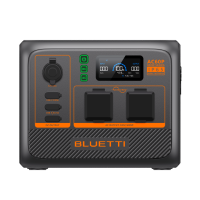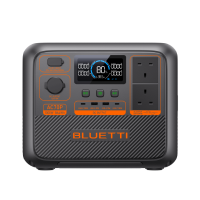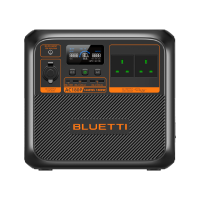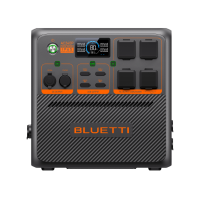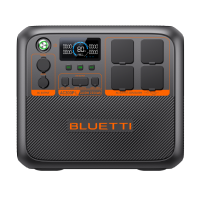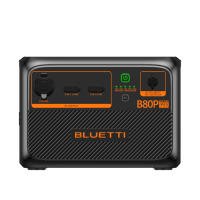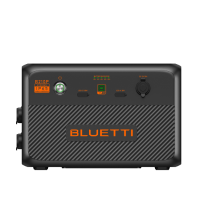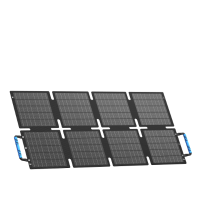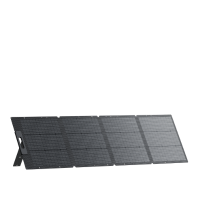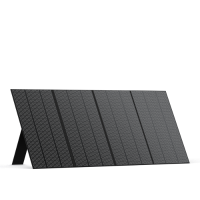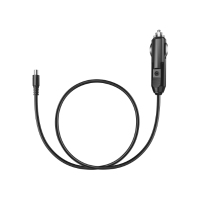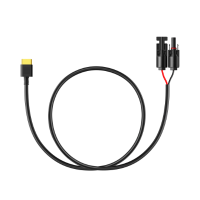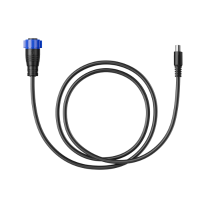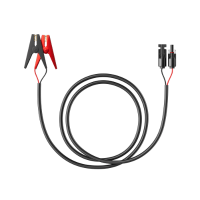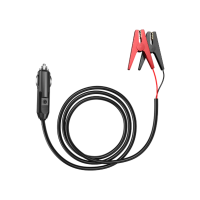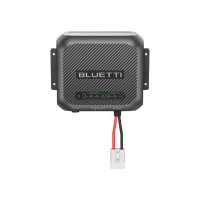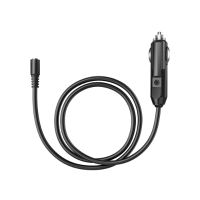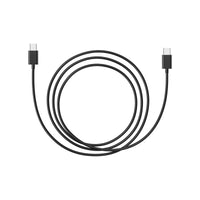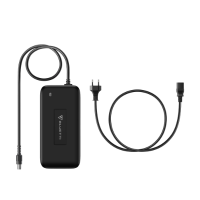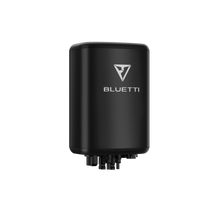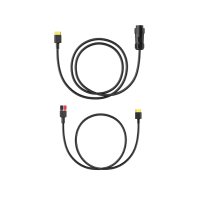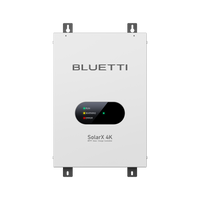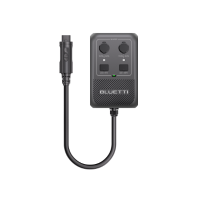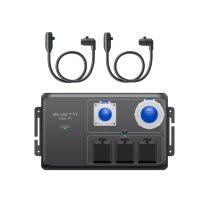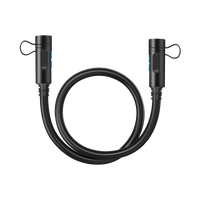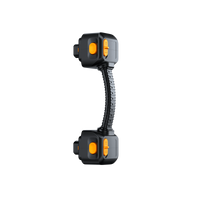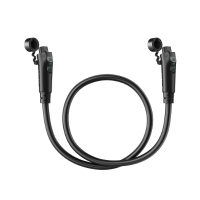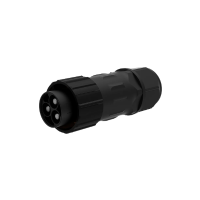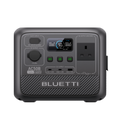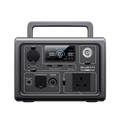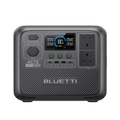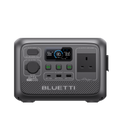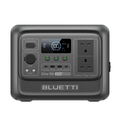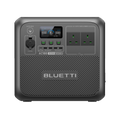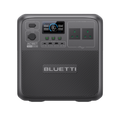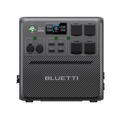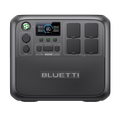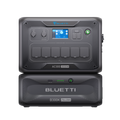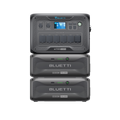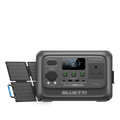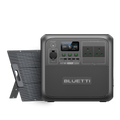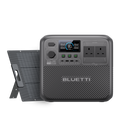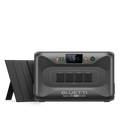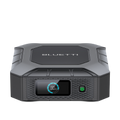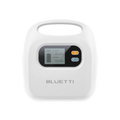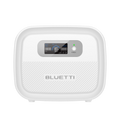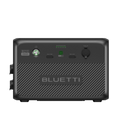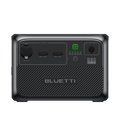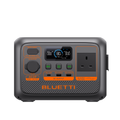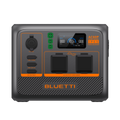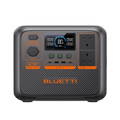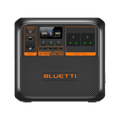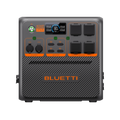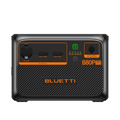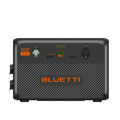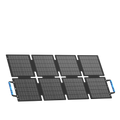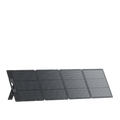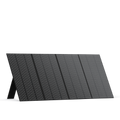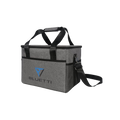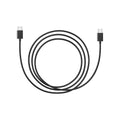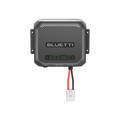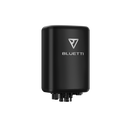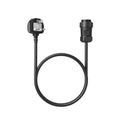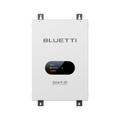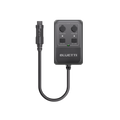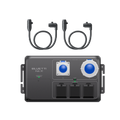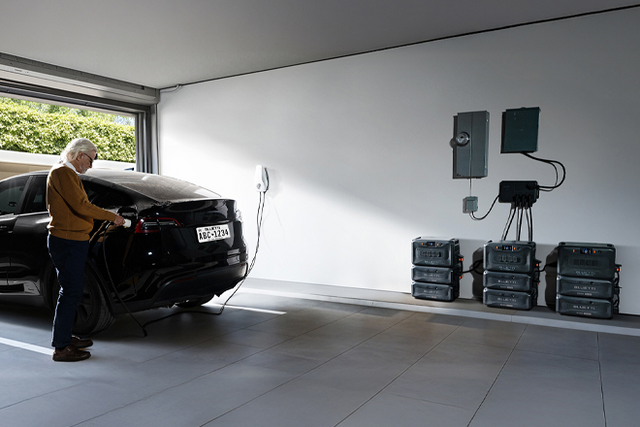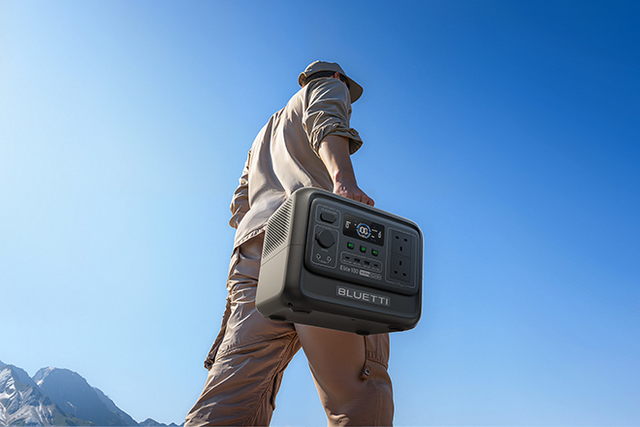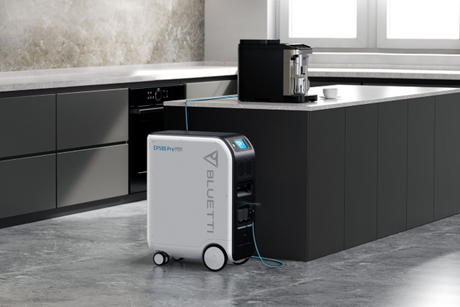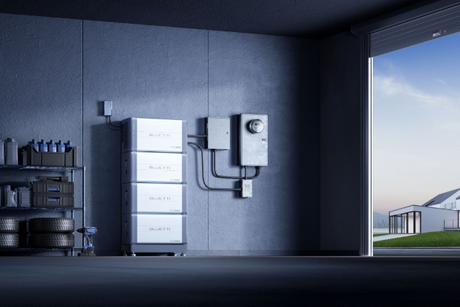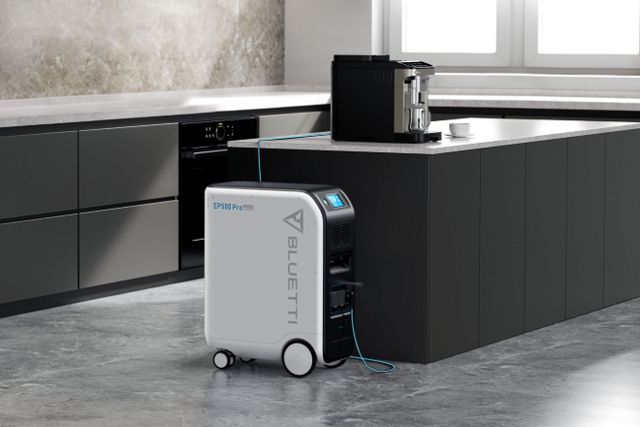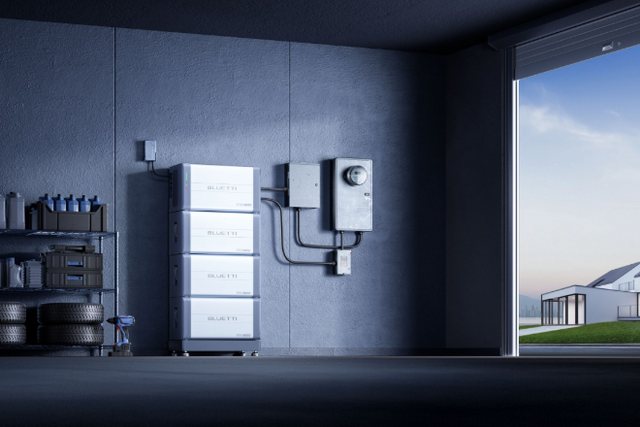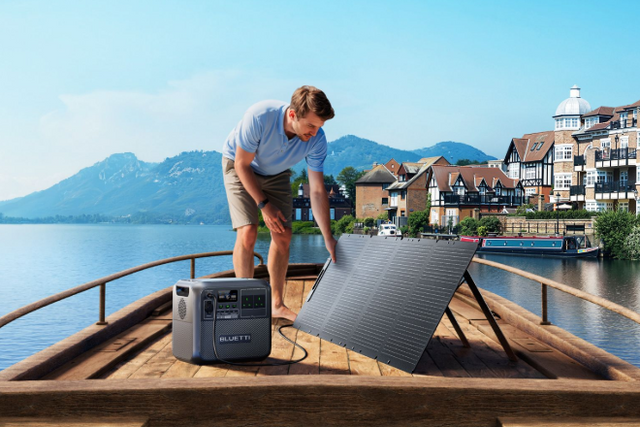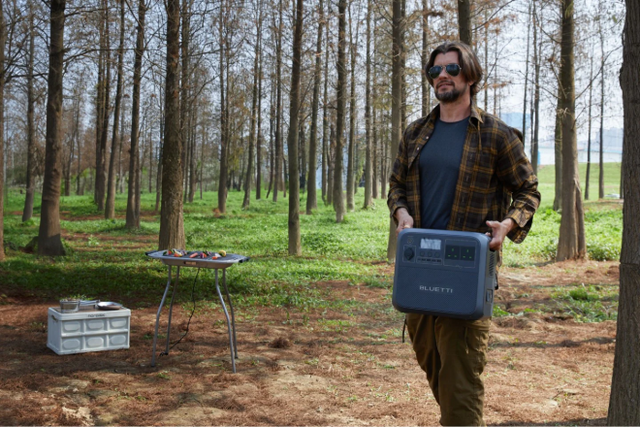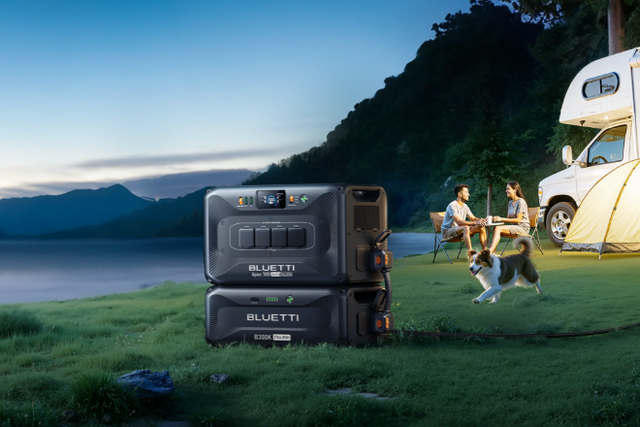In today's technology-driven age, thoughtful energy consumption and storage have become critical, especially with the growing use of electronic devices. The energy quantity units like kilowatt-hours (kWh) and milliamp-hours (mAh) play an important role in determining how long a device will run or how much energy it can store. So, it is essential to find out how to convert kWh to mAh.
Kilowatt-hours (kWh) are usually used to cater to large-scale energy traditions, such as the electricity expended in homes or the storage capacity of electric automobiles. On the other hand, milliamp-hours (mAh) are primarily used for smaller batteries in portable electronics, such as smartphones, laptops, and power banks. While kWh gives us a broader picture of energy use, mAh pays attention to how long a device can function before requiring a recharge.

For those handling devices or energy systems, knowing how to convert kWh to mAh is vital. Whether you're trying to control how long a power bank will last for your smartphone or how much energy a solar power station can store, understanding these conversions helps you plan and optimise your energy use.
This blog will guide you through the step-by-step process of renovating kWh to mAh and vice versa. It will also explore practical examples, such as calculating how long different devices can run on a portable power station, and provide an easy-to-use conversion table. By the end, you'll have a better grasp of how to measure and manage energy in various applications, helping you make informed decisions about the batteries and devices you use in everyday life.1. What is kWh?
A Kilowatt-hour (kWh) is a unit of energy. It tells us how much energy is used by one electricity equipment over a specific amount of time. 1 kWh is equal to utilising 1,000 watts of electric energy for one hour. This unit is typically used in the measurement of large energy consumption, such as household current usage, or the capacity of electric vehicle batteries.Example in daily life:
Let’s say you have a space heater rated at 1,500 watts. If you put it on and continue using it for 2 hours, this heater will consume:
1.5 kW × 2 hours = 3 kWh
This means your heater consumes 3 kilowatt-hours of energy in total over that time. Electricity bills are usually calculated based on the number of kWh used over a billing period.
2. What is mAh?
Milliamp-hours (mAh) quantity is the capacity of smaller batteries, often found in portable electronic devices such as smartphones, tablets, and laptops. This unit measures the amount of electric charge a battery can deliver over time.
1 mAh means a battery can provide 1 milliamp (mA) of current for 1 hour. The higher the mAh rating, the longer the battery can last on a single charge, given the same device or usage conditions.
Example in gadgets:
A typical smartphone may have a battery rated at 4,000 mAh. If the phone draws 400 mA of current during regular use, it could run for approximately 10 hours.
4,000mAh / 400mAh = 10 hours
3. How to Convert kWh to mAh?
The affiliation between kilowatt-hours and milliamp-hours depends on energy. In general, changing from kWh to mAh involves information on the battery's voltage, as both units reproduce different aspects of electrical energy.
Conversion Formula:
mAh = kWhx1,000,000 / Voltage (V)
kWh: The amount of energy in kilowatt-hours.
Voltage (V): The voltage of any device or a battery.
This formula works as a kWh to mAh calculator.
Example:
Picture you have a 2 kWh battery with a voltage of 12V (common for larger battery packs):
mAh= 2 kWh × 1,000,000 =166,667
12 V
This battery can provide 166,667 milliamp-hours of power.
Further Explanation:
- Advanced energy systems (like 24V or 48V setups) will have an inferior mAh rating for the same kWh, while lower voltage systems (like 3.7V for smartphones) will have higher mAh values.
- Voltage is a critical factor, as it moves both the battery's size and its competence in delivering energy over time.
4. How to Convert mAh to kWh?
To convert milliamp-hours (mAh) back to kilowatt-hours (kWh), the procedure is reversed. This is useful for the conversion of energy stored in smaller successions, such as those in smartphones or power banks.
Conversion Formula:
kWh = mAh×Voltage (V)
1,000,000
Example Conversion:
For example, you have a power bank of 10,000 mAh with a voltage of 5V:
kWh = 10,000 mAh×5 V =0.05 kWh
1,000,000
This power bank stores 0.05 kWh of energy, which means it can provide 50 watt-hours of power.
Key Points:
- Small plans like smartphones and tablets classically have battery volumes rated in mAh, while larger systems like solar power stations or electric vehicles use kWh.
- Altering mAh to kWh is useful for estimating how long small devices will last when charged or powered by larger systems.
5. How to Convert kWh to Ah?
The Amp-hour (Ah) unit is regularly used for larger batteries, like those in solar power systems, electric vehicles, or marine applications. Converting kWh to Ah provides a better understanding of a battery’s capacity at a given voltage.
Conversion Formula:
Ah = kWh×1,000
Voltage(V)
Ah (Amp-hour) is the larger counterpart to mAh, where 1 Ah equals 1,000 mAh.
Example:
Consider a 1.5 kWh battery with a voltage of 24V:
Ah = 1.5 kWh×1,000 =62.5 Ah
24 V
This means the battery has a capacity of 62.5 Ah at 24V.
Usage in Power Storage:
Amp-hour rankings are particularly useful for applications connecting solar energy loading, electric vehicles, and backup power supplies, where large amounts of energy are needed over long periods.
6. kWh to mAh Conversion Table
For a fast reference, here's a kWh to mAh conversion table showing how kWh converts to mAh at different voltages:
|
kWh |
Voltage (V) |
mAh |
|
0.01 |
3.7 |
2,703 mAh |
|
0.05 |
3.7 |
13,514 mAh |
|
0.5 |
3.7 |
135,135 mAh |
|
1 |
3.7 |
270,270 mAh |
|
2 |
3.7 |
540,541 mAh |
|
3 |
3.7 |
810,811 mAh |
|
4 |
3.7 |
1,081,081 mAh |
|
5 |
3.7 |
1,351,351 mAh |
|
10 |
3.7 |
2,702,703 mAh |
|
50 |
3,7 |
13,513,514 mAh |
This table can be used when comparing different battery systems to determine their capacity based on both kWh and voltage.
7. How do kWh and mAh Help Judge the Capacity of a Battery?
It is quite critical to have knowledge of kWh and mAh if you want to make informed decisions about battery systems. For example, portable power stations like the BLUETTI AC200L offer significant capacity for outdoor or emergency use.

Real-world Application:
The BLUETTI AC200L is a portable power station with a 2 kWh capacity. Knowing this, you can calculate how long it will run on various devices:
- 100W Laptop:
2,000 Wh / 100 W = 20 hours
- 500W Refrigerator:
2,000 Wh / 500 W = 4 hours
- 10W LED Light:
2,000 Wh / 10W = 200 hours
This makes it easy to estimate how long a power station will last for different devices. For instance, understanding that a 2 kWh power station can run a 100W device for 20 hours helps you plan your energy use during camping trips, emergencies, or off-grid situations. It should be noted that the above formula is the theoretical operating time of the equipment. In practice, you also need to take into account the power consumption of the portable power station supply itself, as well as the temperature of the equipment, the environment and other factors.
Q&A Section
1. How many watt-hours is 20,000mAh?
To find watt-hours (Wh), use the formula:
Wh = mAh×Voltage (V)
1,000
For a 20,000 mAh battery with 3.7V:
Wh = 20,000×3.7 =74Wh
1,000
This means the battery stores an energy of 74 Wh.
2. What is 5,000mAh in amps?
Milliamp-hours (mAh) can be converted into amp-hours (Ah) by dividing by 1,000:
5,000 mAh =5 Ah
3. How long can a 3 kWh Battery Power a Household Refrigerator?
A standard refrigerator consumes around 500W. So, a 3 kWh battery will power it for 6 hours.
Conclusion
Understanding the conversion among kilowatt-hours (kWh), milliamp-hours (mAh), and amp-hours (Ah) is important for anyone working with batteries, energy storage systems, or electronic devices. These units provide a clear insight into how much energy a battery can stock and deliver over time. Knowing how to convert kWh to mAh helps you make informed choices about battery life, capacity, and power consumption.
For small devices like smartphones, tablets, and power banks, mAh gives a quick indication of battery life, allowing users to evaluate how long their devices will last on a full charge. On the other hand, kWh is used for larger systems, like electric vehicles and home battery storage systems, where energy requirements are much greater. In real-life claims, the ability to convert these units becomes especially important when evaluating portable power stations, such as the BLUETTI AC200L. Additionally, these conversions become important when deciding how long a solar battery will continue providing power to a house during an outage.

In addition to providing a practical understanding of how energy is stored and used, learning these conversions ensures that you can maximise the proficiency of your electronic devices and energy storage solutions. Whether you're powering small gadgets or large applications, knowing how to convert between kWh, mAh, and Ah enables you to get the most out of your batteries and make smarter choices for energy consumption and storage.
Shop products from this article
You May Also Like

Fridge Temperature Guide: What Temperature Should a Fridge Be?
Temperature management is crucial for the performance of the fridge. Find out at what temperature the fridge should be, the ideal range between 1-5°C, customised tips for winter, and the...

Winter Fuel Payment: Eligibility, Payment Dates, and Winter Energy Tips
Winter Fuel Payments are the best source for pension-age households to manage rapidly increasing winter energy costs. Explore more on the eligibility, payment dates, allowance amounts, and practical winter energy...

Sodium-Ion vs Lithium-Ion Battery: The Real Science behind Cold Weather Battery Drain
Why is sodium-ion battery often considered more reliable in winter? Do you know the real science behind it? In this guide, you will explore the comparison between lithium-ion and sodium-ion...


